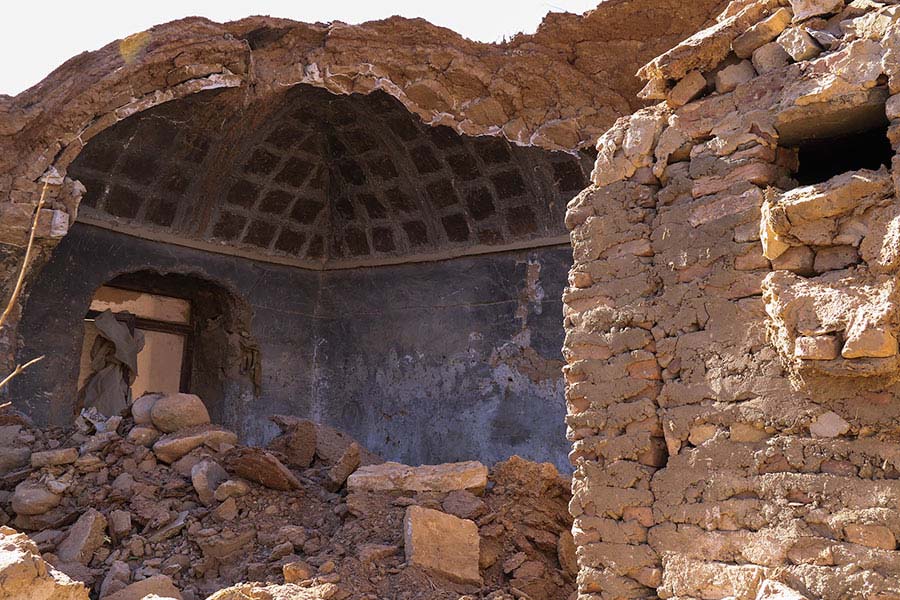Originally posted to OrderPaper.NG, the premier digital publication connection citizens of Nigeria with their representatives in parliament. However, reproduced below with slight modifications based on a discussion between some respectable users of the Yoruba language here on my facebook timeline.
Growing up, my father taught me to read and write the Yoruba language, in as much as he taught me a few other things, which one day I hope to put in a book I might title, ‘Lessons of My Father’. Yes, an obvious play on Barack’s ‘Dreams from My Father’.
With the gift of reading and writing the language of my ancestors came the blessings of reading such legends as D.O Fagunwa’s ‘Ogboju Ode n’nu Igbo Irunmole,’ a treatise I must have read a few times in its original text as a teenager and in English when I laid hands on Prof. Wole Soyinka’s English translation of the same work, titled: ‘The Forest of a Thousand Daemons.’
This piece isn’t about D.O Fagunwa or our erudite scholar and dramatist – for that, please read: D. O. Fagunwa’s ‘Literary Exertions In Yoruba Cosmology‘.
This is about a Yoruba adage whose meaning eluded me for years.
Ilé tí a bá fi it?? m?n, i?ri? ló ma wo.
For years, I believed the adage transliterated to: The house (or other structure) in which a child is raised, eventually collapses in the hands of the morning dew or dewdrops.
The adage jumps at me, each time I walked the ancient town of Ago-Iwoye, which houses the Olabisi Onabanjo University, in whose hallways, classrooms and laboratories I had cut my teeth in theoretical and applied physics, and whose landscape is adorned as is with a collage of many coloured glasses, many collapsing mud structures that once housed families and in which many children must have been raised. I would retort, the dew does come for structures in whose hands children were raised.
Also, when I sit with myself to ponder life, this adage shows up and I get bothered.
I oft ask why the cradle of knowledge gets destroyed by as easy as the morning dew?
However, I get comfort in my knowledge of weathering from high school geography – where, by sheer persistence, water, over time cracks rocks open. Water ever so fluid. Rock ever so hard.
And somehow, I moved on and offered the weathering solution as the basis of the demolition that arises from the persistence of the morning dew to the structure that has been adopted in raising children.
A few years ago, I was on the queue for my daily plate of Amala in faraway Minna in Niger state where I have been sent by the Federal Republic of Nigeria to go contribute my quota to nation building – in the guise of an old and reform requiring National Youth Service – when a flash of clarification hit me. It may have been the deeply accented Yoruba that the matrons of this buka accompanied the meals they serve customers with or just the persistence of fluid thoughts in my head continuously making aim at the adage and its’ hard meaning for many years.
Suddenly, the adage doesn’t mean what I thought it had meant for many years. The first half of the adage Ile ti a ba fi’to mo does not loosely translate to: ‘The house (or other structure) in which a child is raised…’ as I had thought for many years.
Rather it loosely translates to ‘the house/structure whose building materials are bounded together with the human saliva’. Yoruba semantics right there! Where individual words could have several meanings and sometimes the context of use may not be as guiding as a lay mind might expect or prefer.
In that moment the rock cracked open and understanding flooded in and the entire adage made a ton of sense.
Either way, today as I ponder the adage, its truth for Nigeria is sacrosanct. One the one hand, the structures that raised the current crop of leaders is being slowly but surely eroded and ruined by the rather obvious systemic lack of interest in keeping these structures in place.
And on the other hand, we are building a future with solid and not so solid building materials and have elected to bound together these materials using spittle. We indeed will have a structure that will pretend to stand but that is slowly collapsing and disintegrating slowly and will crack open one day.
—
Image courtesy of this website



